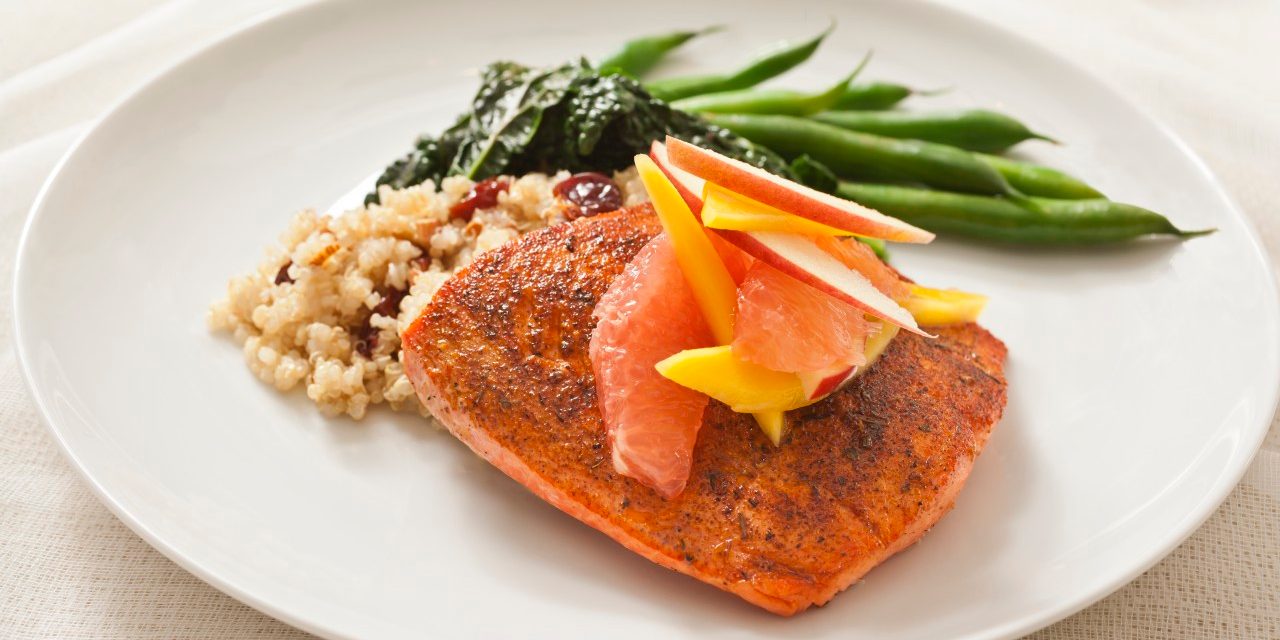How to Increase HDL Cholesterol

If you’re wondering how to increase HDL (good) cholesterol, start with your diet. Go for Mediterranean-style meals high in protein and olive oil.
What is HDL cholesterol?
You may have heard of “good” cholesterol, the number called HDL on your lab test — which stands for high-density lipoproteins — and “bad” cholesterol, labeled LDL, for low-density lipoproteins.
Lipoproteins are molecules, something like submarines, that carry cholesterol around your body. The LDLs carry it from your liver to cells that need it. HDLs carry it the other way, to the liver, from which it leaves your body. Having more-than-normal HDL cholesterol has been linked to a lower risk of heart disease.
YOU MIGHT ALSO LIKE: Who Is at Risk for Heart Disease?
How to increase HDL cholesterol
If you’re wondering how to increase HDL cholesterol, start with your diet.
1. Mind your oils. Research covering nearly 850,000 people has found that people who eat more olive oil cut their risk of heart attacks and stroke. Extra-virgin olive oil may be your best bet to increase HDL and if you’re at risk for heart disease, you might pay extra to get high-quality oil.
Small amounts — two tablespoons a day — of coconut oil may help increase HDL cholesterol levels.
But stay away from soybean oil.
2. Avoid carbs. Low-carb, rather than low-fat, diets are the better way to improve heart risk numbers. You can raise good cholesterol by staying away from the “white” foods — potatoes, rice, and corn. Obese and diabetic people tend to have low HDL. In a study of a diet with 20-30 percent calories from protein, they saw big increases in good cholesterol.
3. Eat fatty Fish. The omega-3 oil in fatty fish is good for you, for a variety of reasons. The evidence is mixed on whether it can raise good cholesterol. Aim for three servings a week of salmon, sardines, mackerel, herring, or anchovies.
4. Eat purple food. Eggplant, purple corn, red cabbage, blueberries, blackberries, and black raspberries are all high in anthocyanins. You could also consider a supplement. In small studies, people with diabetes or cholesterol issues who took extracts or supplements of anthocyanin saw increases in HDL of 19 percent and nearly 14 percent.
Updated:
March 02, 2020
Reviewed By:
Janet O’Dell, RN